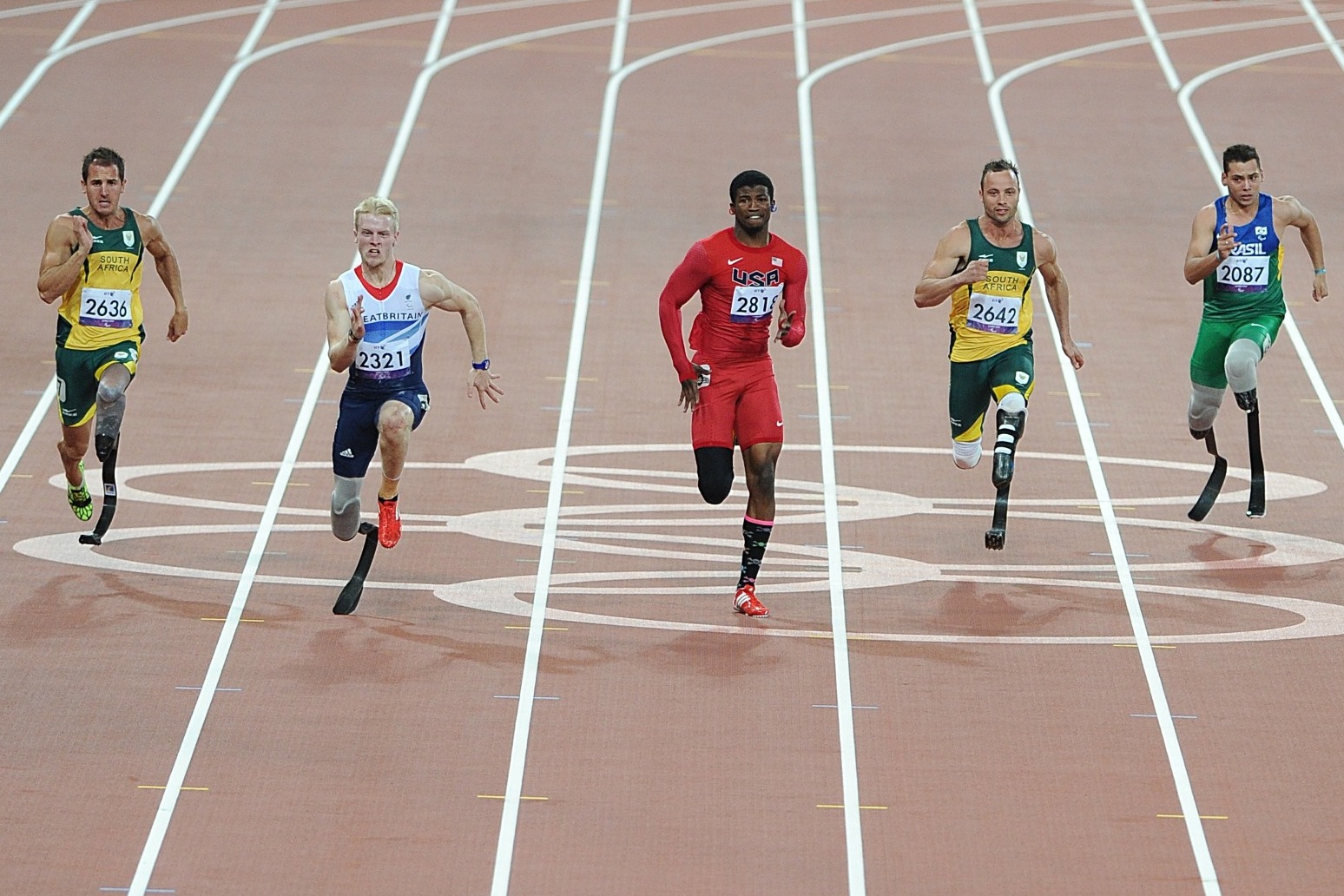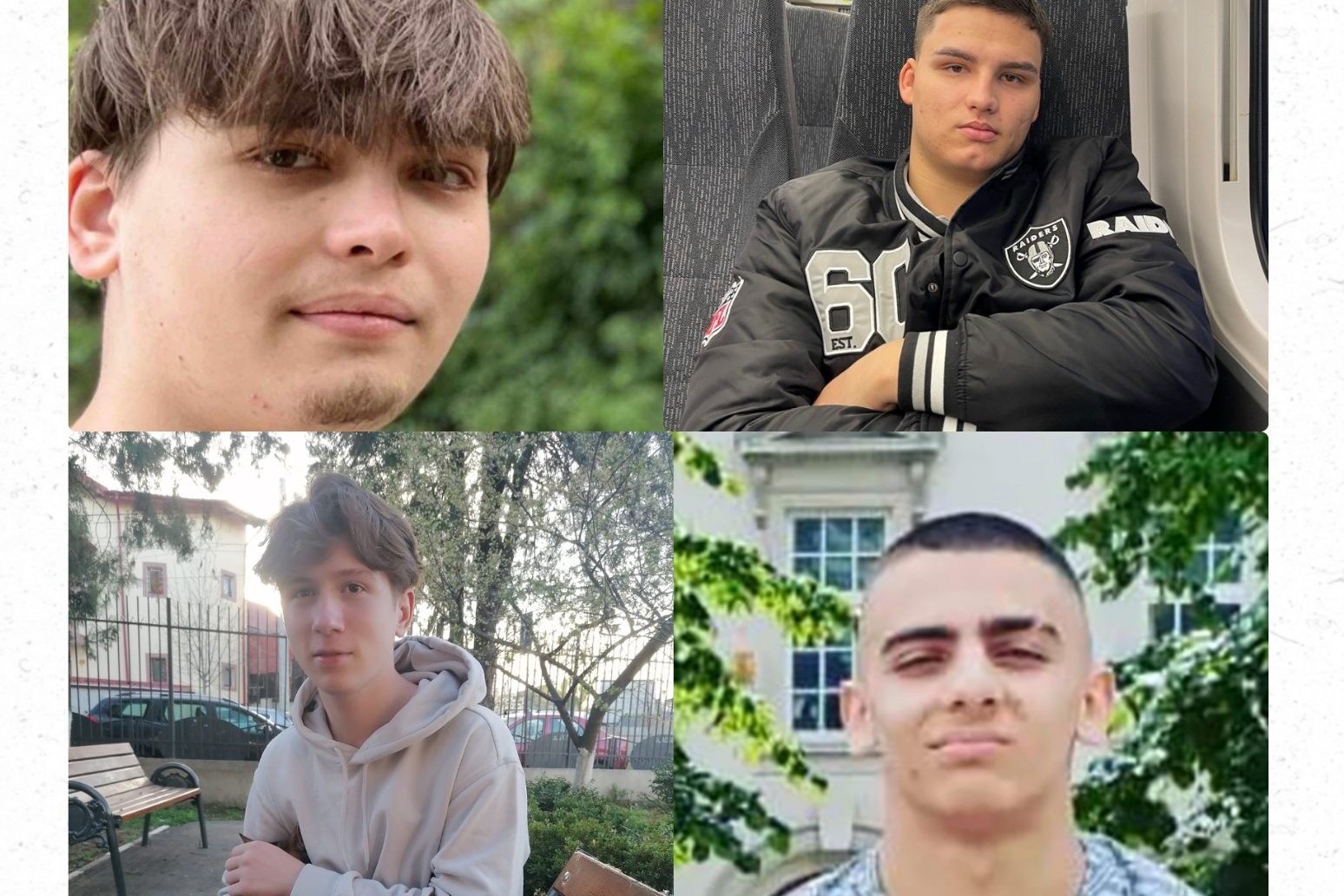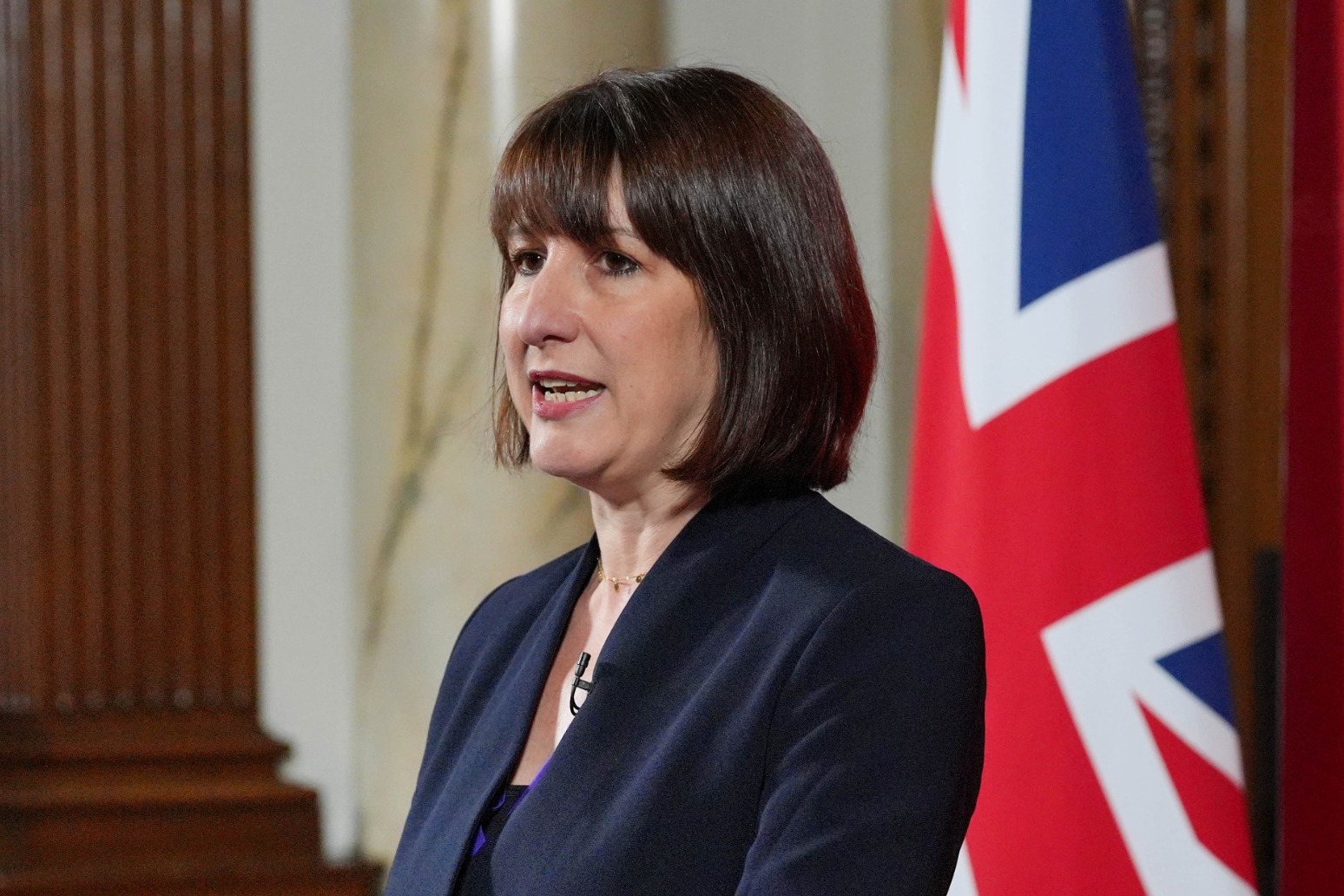
Reeva Steenkamp’s parents will oppose Oscar Pistorius’s parole application, their lawyer said.
Unless the former Olympic runner “comes clean” about the deadly shooting of his model girlfriend 10 years ago, her parents “don’t feel that he is rehabilitated”, Tania Koen said.
Pistorius, a multiple Paralympic champion who made history by running against able-bodied athletes at the 2012 Olympics, was convicted of murder for the Valentine’s Day 2013 shooting of Ms Steenkamp, 29, at his home.
The 36-year-old claims he shot Ms Steenkamp by mistake, thinking she was an intruder.
He said he did not realise she got out of bed and went to the bathroom.
But her parents, Barry and June Steenkamp, believe he killed her intentionally after a late-night row.
Pistorius was sentenced to 13 years and five months in prison and is eligible for parole under South African law after serving half his sentence.
Ms Koen said June, who hails from Blackburn, Lancashire, would submit written and oral statements at the hearing to oppose Pistorius’s bid for freedom.
“She doesn’t feel that he must be released,” Ms Koen told reporters outside the Atteridgeville Correctional Centre in Pretoria, where Pistorius has been held since 2016 and where the hearing was expected to take place on Friday.
Submissions from a victim’s relative are one of the factors a parole board takes into account when deciding if an offender can be released early on parole.
The board will also consider Pistorius’s behaviour in prison and if he would be a threat to society if released.
A decision could come on Friday but is more likely to take days to finalise.
Double-amputee Pistorius fired four shots with his licensed 9mm pistol through a toilet door at his upscale Pretoria home to kill Ms Steenkamp, who was also a reality TV star, in the early hours.
He was ultimately sentenced in 2017 after a series of appeals and has, taking into account time served, served more than seven years since late 2014.
An initial manslaughter conviction was overturned after an appeal by the prosecution and replaced with a murder conviction.
June sat in the back seat of a nearby car while Ms Koen addressed reporters outside the prison gates on Friday morning.
The pair were then driven into the prison in a Department of Corrections vehicle.
“She doesn’t feel that he must be released,” Ms Koen said.
A decade after their daughter’s killing, Ms Koen said time “hasn’t healed” the grief for June and Barry.
“He’s the killer of their daughter. For them, it’s a life sentence,” Ms Koen said.
“For them, it’s 10 missed birthdays, 10 Mother’s Days, 10 Father’s Days, 10 Christmases.”
Barry met face-to-face with Pistorius last year in what is known in South Africa as a victim-offender dialogue and part of the pre-parole process.
That meeting was “traumatic”, Ms Koen said.
Pistorius’s parole lawyer, Julian Knight, previously said his client has been a “model prisoner”.
A number of options are available to the parole board.
Pistorius could be released on full parole or placed on day parole, where he would be allowed to live and work in the community during the day but have to return to prison at night.
He could also be placed under correctional supervision, which means he would be released but have to spend some of his time during the week at a correctional centre.
Or Pistorius’s parole could be denied.
Once hailed as an inspirational figure for overcoming the adversity of his disability, Pistorius’s trial and downfall captivated the world.
His conviction eventually led to him being sent to the Kgosi Mampuru II maximum security prison, one of South Africa’s most notorious.
He was moved to the Atteridgeville prison in 2016 because that facility is better suited to disabled prisoners.
Pistorius’s lower legs were amputated when he was a baby because of a congenital condition and he walks with prosthetics.
There have been glimpses of his life in prison, with reports claiming he had at one point grown a beard, gained weight and taken up smoking and was unrecognisable from the world-famous athlete he once was.
He has spent much of his time working in an area of the prison grounds where vegetables are grown, sometimes driving a tractor.
He also ran bible classes for other inmates, his father, Henke Pistorius, said in an interview in 2018.
There have also been flashes of trouble.
Pistorius sustained an injury in an altercation with another inmate over a public telephone at the prison in 2017.
A year earlier, Pistorius received treatment for injuries to his wrists, which his family denied were a result of self-harm but instead of him falling in his cell.
If Pistorius is released, he is expected to live at his uncle’s mansion in the Pretoria suburbs.
He lived there under house arrest for a time during his murder trial.
Published: by Radio NewsHub













